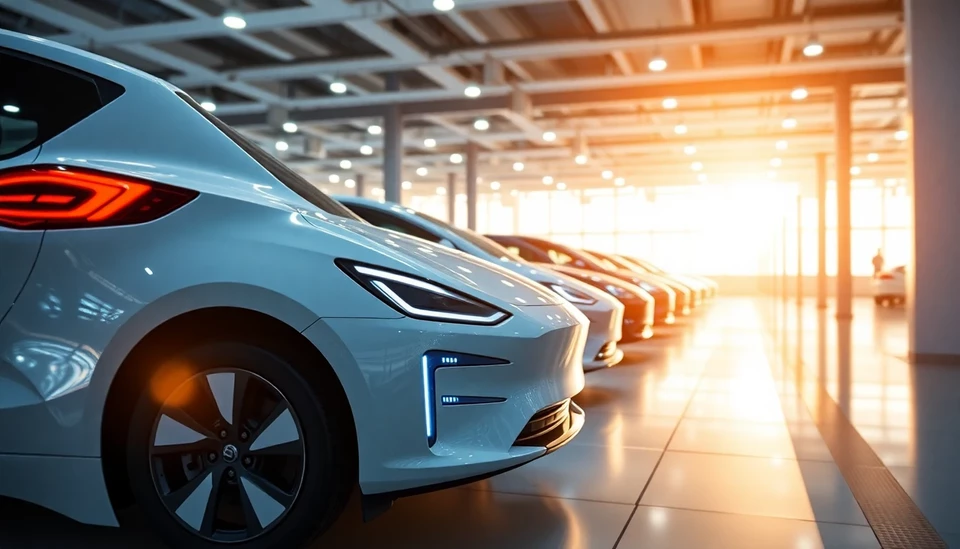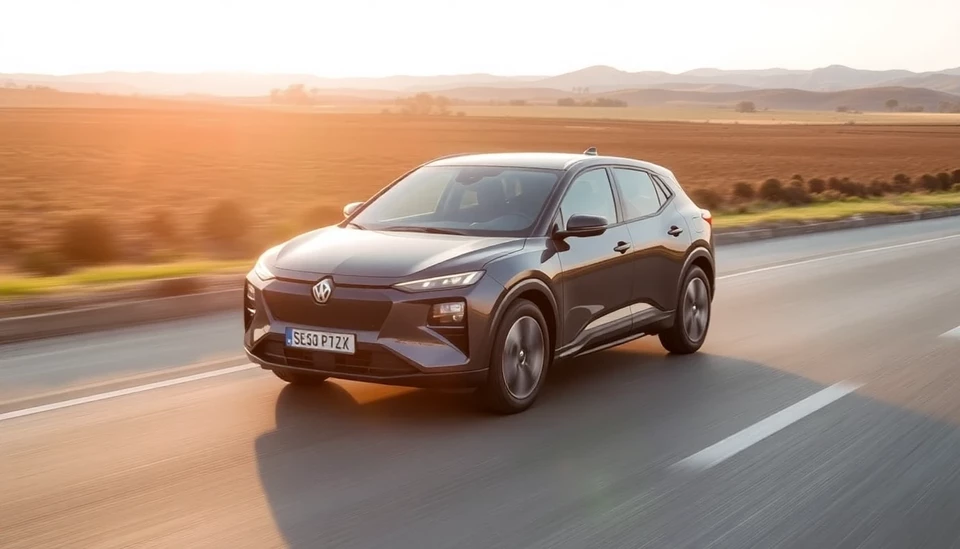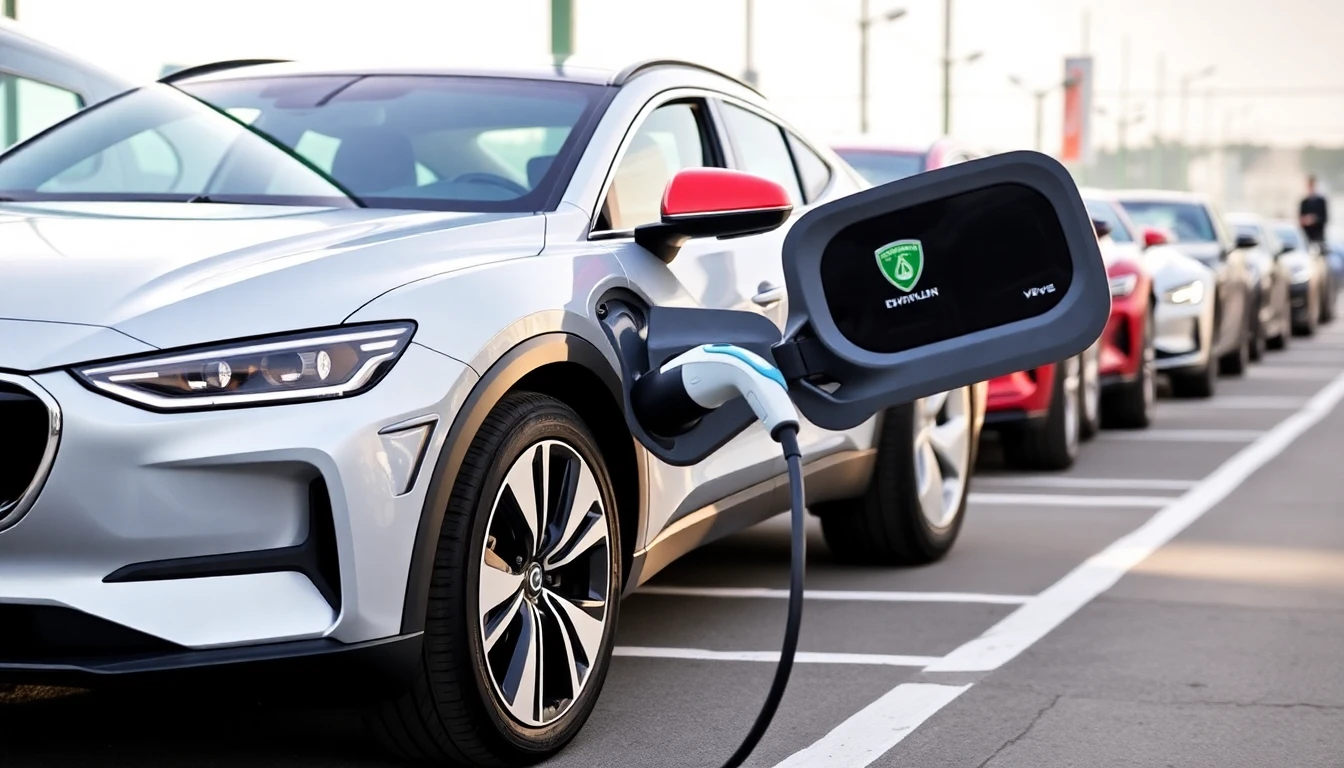
Chinese electric vehicle (EV) manufacturers are finding it increasingly difficult to maintain their foothold in the European market as recent tariff disputes escalate. The combination of rising operational costs, stringent regulations, and competitor pressure is forcing these companies to reassess their strategies. European regulatory measures aimed at protecting local manufacturers are further complicating the competitive landscape, making it even tougher for Chinese firms.
In recent months, the European Union has implemented measures intending to bolster its domestic EV industry. These actions have been perceived as protective tariffs that penalize Chinese imports, complicating the landscape for foreign manufacturers and prompting a drop in market share for Chinese companies. As European nations work toward sustainability goals and the transition to zero-emission vehicles, they are prioritizing homegrown manufacturing, often leaving Chinese firms at a disadvantage.
Several leading Chinese brands, which previously experienced robust demand in Europe due to competitive pricing and innovative features, are now witnessing a marked decrease in sales. The rising tariffs have not only increased the cost of doing business but have also made their vehicles less attractive to cost-conscious European consumers. This decline comes at a pivotal time when market dynamics are shifting toward local manufacturers that can leverage favorable government policies.
Moreover, some analysts predict that this trend could solidify Europe’s position as a formidable exporter of EVs, fueling advancements in local technologies and encouraging increased investments in domestic production facilities. The move towards local sourcing and manufacturing is designed to ensure security of supply chains and support the European Union's broader goals of achieving energy independence and combating climate change.
In response, some Chinese manufacturers are exploring strategic partnerships and joint ventures within Europe to navigate these challenges. By collaborating with local firms, they aim to gain better insights into regulatory practices and potentially benefit from shared resources. However, establishing such partnerships is often fraught with complexities related to intellectual property and competitive trade practices.
Despite the mounting challenges, Chinese EV manufacturers have not indicated a complete withdrawal from the European market. Instead, many are reevaluating their product offerings, focusing on higher-end models, and enhancing features to cater to a more affluent consumer segment that might be less sensitive to pricing changes resulting from tariffs.
As the situation continues to evolve, the future of Chinese EV makers in Europe remains uncertain. While they have faced setbacks, persistence and adaptability could still provide opportunities for a resurgence, provided they can effectively navigate the complex political and economic landscape that currently defines the continent's automotive industry.
In conclusion, the current tariff disputes signify a broader geopolitical struggle that could reshape the future of the electric vehicle market not just in Europe but globally. As both sides dig in, it remains to be seen how this will impact consumer choices, market dynamics, and ultimately, the broader goal of transitioning to sustainable transportation solutions.
#ChineseEVs #ElectricVehicles #Europe #TariffDisputes #Sustainability #AutomotiveIndustry #MarketChallenges #EVManufacturers
Author: John Harris

